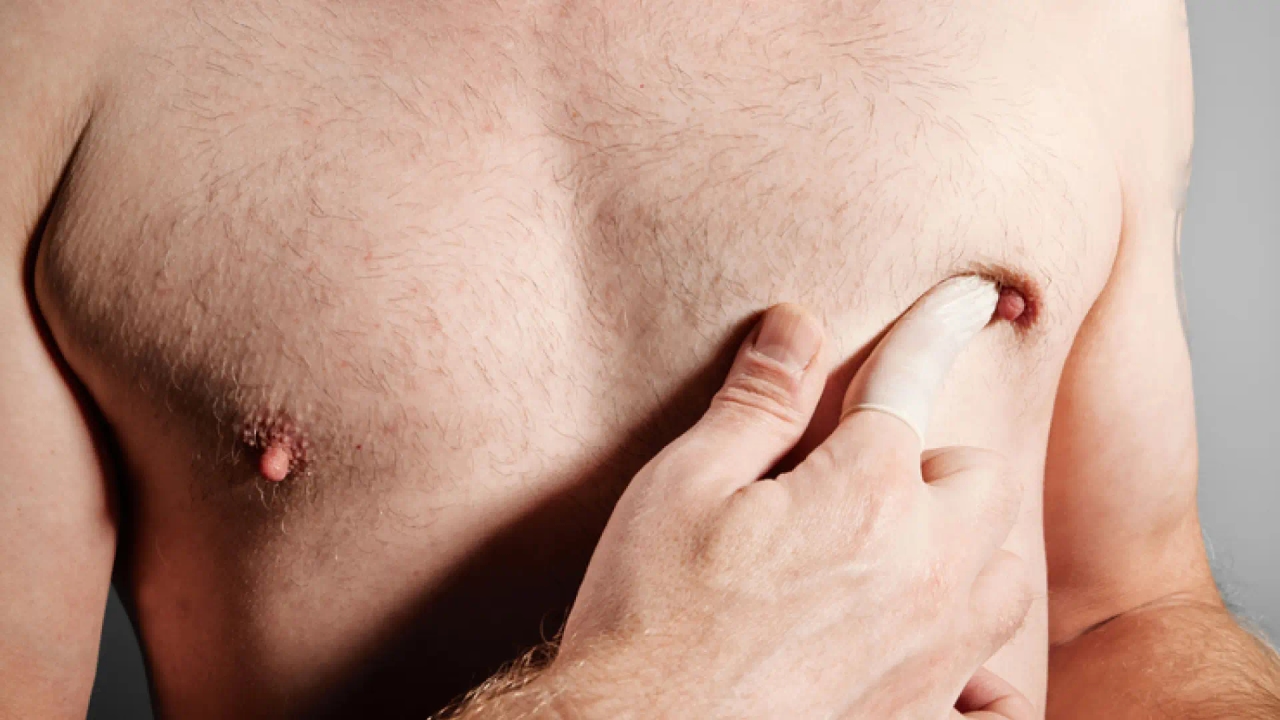The main cause of difficulty swallowing affects 55,000 people in Spain.

Eosinophilic esophagitis (EoE) is the leading cause of difficulty swallowing, especially in children and young people, and is estimated to affect one in every 500 people in Andalusia and Spain, according to the latest studies presented at the 5th National Congress on this emerging disease held in Seville.
The congress was attended by more than 1,800 people, including patients and physicians (around 300 in person and the rest online), who learned about advances in the treatment of this condition, which already affects more than 55,000 patients in Spain and is underdiagnosed, so this number is expected to continue to grow.
Organized by the Spanish Association of Eosinophilic Esophagitis (Aedeseo), the European Consortium for Gastrointestinal Eosinophilic Diseases (Eureos), and the Virgen Macarena University Hospital, it is the main scientific meeting on EoE.
This disease is considered "emerging" and has ceased to be classified as "rare" due to the increase in cases. Of autoimmune origin, it is caused by a food allergy that inflames the esophagus, an essential organ for eating, drinking, and speaking. Its deterioration causes it to lose its function and become increasingly narrow, making it difficult for food to pass through.
"The major problem with this disease is that it takes up to ten years to diagnose , and it can be confused with other ailments or even stress," explained Federico Argüelles, a digestive specialist at the Virgen Macarena Hospital in Seville.
EoE, which can occur even in infants, peaks around age two, especially in adolescence. There is also another notable period in the forties, and it often occurs alongside other allergies.
To compensate for dysphagia, children and adults often chew a lot, cut food into very small pieces, and drink water to swallow, a process that can take hours.
It is often detected when the deterioration of the esophagus is so severe that it begins to prevent eating and a piece of food becomes stuck (food impaction).
In the most severe cases, the esophagus must be dilated. In adults, along with dysphagia, other symptoms include esophageal burning, and food impaction (choking) is common.
During the congress, therapeutic innovations introduced in recent years were discussed, such as budesonide orodispersible tablets and biological treatments that can address the most severe cases. Advances in new noninvasive diagnostic tests to replace endoscopy with biopsy, which until now has been the only way to diagnose and monitor disease progression, were also discussed.
For her part, the president of Aedeseo, Zoraida Gómez, highlighted the " emotional and psychological impact of the disease, given that those who suffer from it tend to isolate themselves socially due to dysphagia."
In this regard, pioneering experiences with comprehensive and multidisciplinary care models within the healthcare system have been presented, with the aim of improving patients' quality of life and strengthening coordination among specialists.
20minutos




